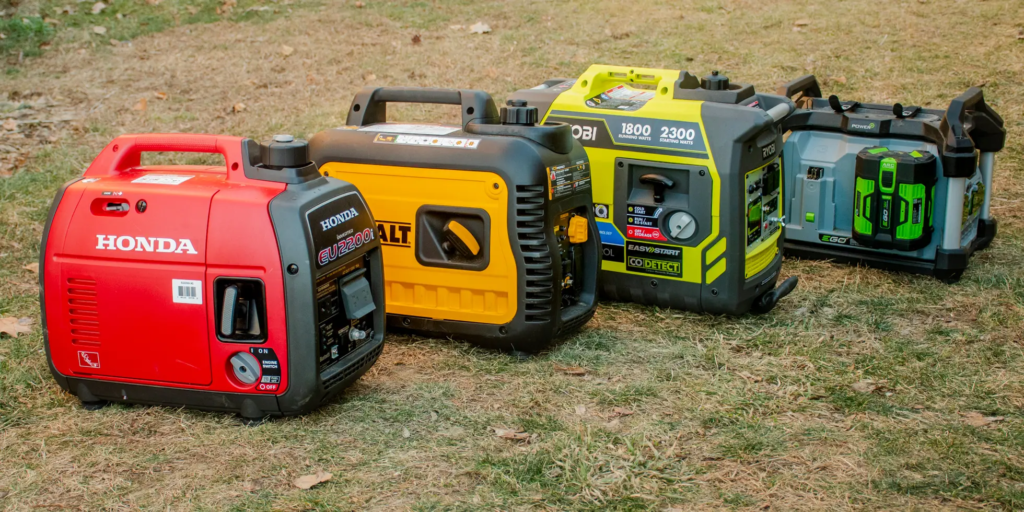Equipping your home with a generator is a great way to be prepared in the event of an unexpected power outage. Having one will keep your home functioning and your family more comfortable until the power is restored. If you’re ready to purchase a generator, it’s important to note that there are different types available, and you’ll want to find the one that best suits your needs for it to be effective during an emergency. There are two main types of generators: Standby generators and portable generators. Below, we’ve broken down the pros and cons of portable generators to help you determine which type will be the best fit for your home.
Portable Generators
Portable generators are typically smaller than standby generators, and as the name implies they can be moved from place to place. They are relatively user-friendly. Most portable generators are powered by gas, so it’s extremely important to keep them in a well-ventilated area outdoors to prevent carbon monoxide poisoning. A designated outdoor enclosure is recommended for a portable generator. Enclosures can be store bought, or you can create one of your own.

Pros
●If you are on a budget, portable generators are more affordable than standby generators.
●They’re user friendly—no complex installation required.
●They can be moved around, which is especially ideal if you have a camp, or simply want the convenience of being able to store it away.
Cons
●Most are only capable of powering essential appliances in your home, which isn’t ideal if you’re looking for a generator that can power your whole home.
●Unlike a standby generator, portable generators do not kick on automatically when the power goes out. They require a manual start.
●They do require maintenance, and because most portable generators require gas to run, they will need to be refilled periodically.
